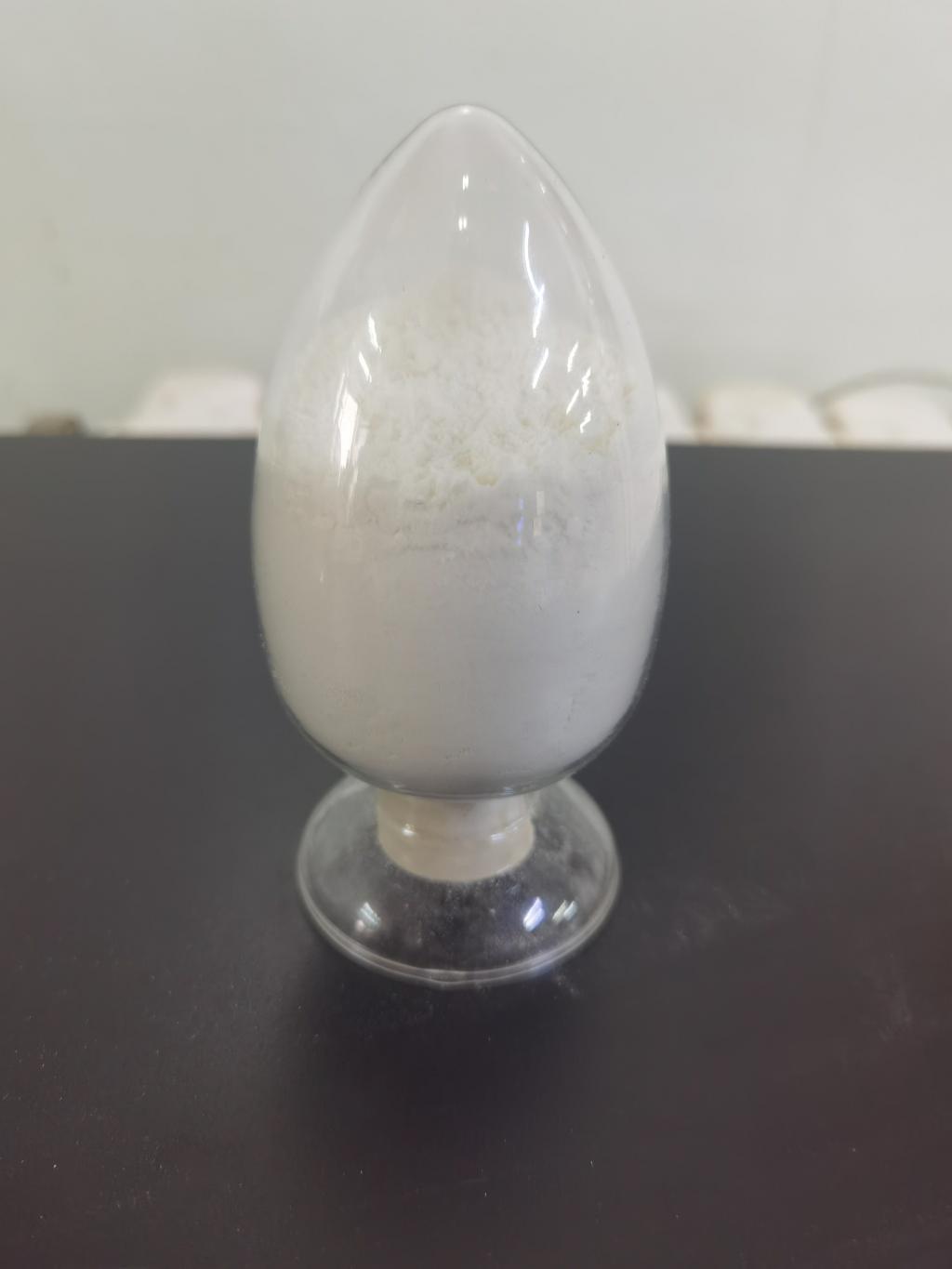Tel:+8618231198596

News
 CONTACT
CONTACT
 CONTACT
CONTACT
- Linkman:Linda Yao
- Tel: +8618231198596
- Email:linda.yao@dcpharma.cn
- Linkman:CHARLES.WANG
- Department:Overseas
- Tel: 0086 0311-85537378 0086 0311-85539701
News
Exploring the Role of ε-Polylysine Hydrochloride in Preventing Dental Caries Formation.
TIME:2024-07-15
Mechanism of Action Against Dental Caries
The effectiveness of ε-PL HCl in preventing dental caries is attributed to its antimicrobial activity against cariogenic bacteria, primarily Streptococcus mutans and Lactobacillus species. These bacteria play a pivotal role in the formation of dental plaque and acid production, leading to enamel demineralization and cavity formation. ε-PL HCl acts through the following mechanisms:
Disruption of Bacterial Cell Membrane: ε-PL HCl binds to the bacterial cell membrane, causing disruption and leakage of intracellular contents, which leads to bacterial cell death.
Inhibition of Biofilm Formation: Biofilms are complex communities of bacteria encased in a matrix of extracellular polymeric substances. ε-PL HCl interferes with biofilm formation by inhibiting bacterial adherence to tooth surfaces, thereby reducing plaque accumulation.
Antibacterial Activity: ε-PL HCl exhibits broad-spectrum antibacterial activity against gram-positive bacteria, including S. mutans and Lactobacilli, which are implicated in dental caries.
Current Research and Findings
Research on ε-PL HCl's efficacy in preventing dental caries has shown promising results:
In Vitro Studies: Laboratory studies have demonstrated that ε-PL HCl effectively inhibits the growth of cariogenic bacteria and reduces biofilm formation on tooth surfaces.
Clinical Trials: Clinical trials evaluating ε-PL HCl-containing mouthwashes, toothpastes, or dental coatings have reported reductions in plaque accumulation, bacterial counts, and incidence of dental caries in participants.
Comparative Studies: Comparative studies have highlighted the efficacy of ε-PL HCl compared to traditional antimicrobial agents used in oral care, suggesting its potential as an alternative or adjunctive treatment for cavity prevention.
Applications in Dental Care Products
The antimicrobial properties and safety profile of ε-PL HCl make it suitable for incorporation into various oral care products:
Mouthwashes and Rinses: ε-PL HCl-containing mouthwashes are formulated to reduce bacterial load in the oral cavity, inhibit plaque formation, and maintain oral hygiene.
Toothpastes and Gels: Toothpaste formulations enriched with ε-PL HCl offer daily protection against cariogenic bacteria, promoting healthy teeth and gums.
Dental Coatings and Sealants: ε-PL HCl can be integrated into dental coatings or sealants applied to tooth surfaces to provide prolonged antimicrobial activity and prevent cavity formation.
Regulatory Considerations
The regulatory status of ε-PL HCl varies by country and region. In the United States, ε-PL HCl may be regulated as a food additive or a cosmetic ingredient depending on its intended use in oral care products. Regulatory authorities such as the Food and Drug Administration (FDA) and European Medicines Agency (EMA) oversee safety evaluations, efficacy testing, and labeling requirements to ensure consumer safety and product efficacy.
Future Directions and Challenges
Future research directions for ε-PL HCl in dental care include:
Optimizing Formulations: Developing novel delivery systems and formulations to enhance ε-PL HCl's stability, bioavailability, and retention on tooth surfaces.
Clinical Validation: Conducting large-scale clinical trials to further validate the efficacy and safety of ε-PL HCl in diverse patient populations and oral health conditions.
Combination Therapies: Exploring synergistic effects of ε-PL HCl with other antimicrobial agents or therapeutic agents to enhance cavity prevention and overall oral health outcomes.
Conclusion
ε-Polylysine Hydrochloride (ε-PL HCl) represents a promising advancement in the field of oral care, offering effective protection against dental caries through its antimicrobial properties and inhibition of biofilm formation. As research continues to uncover its potential and regulatory frameworks evolve, ε-PL HCl has the potential to play a significant role in preventive dental care strategies worldwide. By integrating ε-PL HCl into oral care products, clinicians and consumers alike can benefit from enhanced cavity prevention and improved oral health outcomes.
- Tel:+8618231198596
- Whatsapp:18231198596
- Chat With Skype







